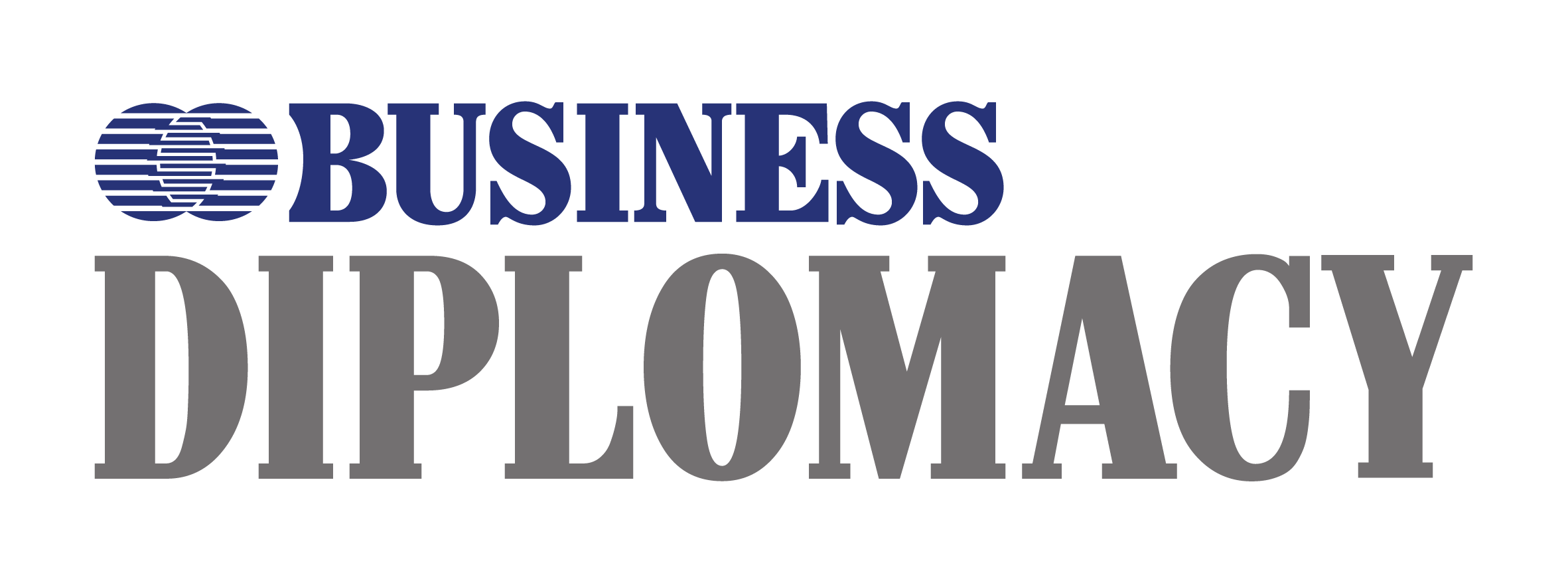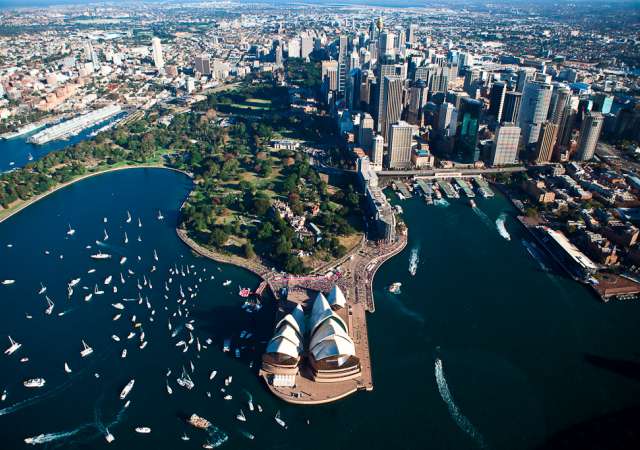The Aim is to Grow Through Export
We interviewed Ruhsar Pekcan, Turkish Republic Minister of Trade, about the concept of business diplomacy and Turkey’s export policies
Countries have to identify a successful and sustainable foreign trade strategy in order to be a shareholder in the global economy and take place among developed countries. We listened to the details of the efforts of Turkey in this eld from Ruhsar Pekcan, Turkish Republic Minister of Trade.
2018 was a year when trade wars were experienced throughout the world and a speculative exchange attack occurred against Turkey. The Turkish economy started to recover itself with the New Economic Program declared subsequently. What’s your opinion on the impact of all these matters on Turkey in 2019?
2018 was a year when financial conditions became harder, trade wars experienced, uncertainties regarding Brexit continued and geopolitical risks existed. It was also a difficult year for global markets. And we experienced a speculative exchange attack in the Turkish economy. It is seen that these risks still exist in global economy in 2019.
However, we started to recover together with the New Economic Program in Turkey. The New Economic Pro- gram (YEP), which was announced last year, was founded on the basis of balance, discipline and change. With in this context, 2019 will be a year we will experience balancing first, and then the discipline and change.
Turkey raised by 17 ranks in the Business Convenience Report 2019 announced by the World Bank compared to 2018 and has been ranked 43rd among 190 countries. Thus, this year, for the first time, it has been one of the 10 countries that demonstrated most improvement by making reforms due to the changes carried out in 2018. The report, which is an important indica- tor for global investors, also demonstrates the success of our policies in increasing the trust of the investors. We will carry out our strong policies in every aspect of the economy determinedly and we will move this trust much higher. Within this scope, I’m sure that we will experience a conversion in Turkey spreading throughout the economy, especially on the investments, in 2019.
In one of your statements you said “Turkey may only be included in high-income countries class by making investments in technology and increasing its exports”. Within this context, could you please share your ideas about the methods to be followed by the private sector for Turkey to be included in such countries?
It is critical for Turkey, which adopts an export-based growth model, in order to be one of the leader economies in the world to increase its high value added, brand, design and technology intensive exports to go beyond the position which we can name as “middle in come trap” or “middle export trap”. We know that the way to provide a more competitive structure to our ex- ports is to make progress on key issues such as new products, product and market diversity, high value added products, increasing export performance and sustainability besides traditional product-market definitions.
At this point, our expectation from our exporters is that they keep up to gradually increase their successful export performance they demonstrated up to now in export mobilization we initiated altogether. It is important for our exporters to utilize the opportunities provided to them to achieve our country’s targets and to utilize the investment and cooperation opportunities in such a way to ensure their long-term competitiveness and thus make our export growth sustainable while increasing their short-term income.
What would you like to say about the “Trade Action Plans” prepared for China, India, Mexico and Russia by your Ministry?
Within the framework of the First 100-Day Performance Program announced by our President, Mr. Recep Tayyip Erdogan, we, the Ministry of Trade, have designated China, India, Russia and Mexico as special target countries for the period of 2019-2021.In this respect, we prepared “Trade Action Plans (2019-2021)” for these countries.
In line with these action plans, we have identified results-oriented goals and actions together with our stakeholders for increasing the goods and services trade and mutual investments, enhancing the image of Turkish goods, facilitating trade, improving cooperation in construction business and technical consultancy, and in the fields of digital economy, nance, transportation, education and tourism. We started to implement these plans which we prepared at a sectoral and state basis. We are developing promotion strategies including non-conventional methods such as the announcement of the products of Turkish goods and services exporters to these countries through social media and other digital promotion methods.
We have heard the concept of business diplomacy frequently, especially in recent years. Could you please share your ideas about the duties of the business world in term of business diplomacy that needs to be developed to increase trade between countries and contribute to the national economy?
First, our private sector in Turkey has to act abroad as a trade ambassador of our country. At this point, DEİK, which is the closest organization with which our business persons will work abroad, has important duties.
We believe that our business persons will continue to demonstrate superior performance in strengthening our commercial and economic existence abroad and attract- ing foreign investments to our country, under the roof of DEİK.
The organizational structure of the Ministry of Trade was reorganized under the presidency of our President in order to realize the mission of “Business Diplomacy” more effectively and efficiently. Within this frame, as the Minis- try of Trade, we will integrate our business world into the global economy by creating a much stronger and more effective synergy with DEİK.
We, as the Ministry, helped our firms with approximately 16 thousand job interviews in 2018 through general trade committee and recruitment committee programs. On the other hand, we aim to strengthen the structure of our trade consultants on the country basis, to make them more visible and to ensure them to work in coordination with the heads of the DEİK business council.
Could you please tell us about the projects conducted by your Ministry for attracting foreign investors to Turkey and ensuring more investments?
The world is experiencing a new age of changes and formations in commercial, economic, political, social and cultural fields. Being in a strategic position at this conversion and change point, Turkey is in an important transit center. We are trying to move forward this key role that we have as a country in the global economy.
We are taking steps to strengthen exports for the purpose of introducing the Turkish brand throughout the world. We are supporting our manufacturers. We focus on applications based on electronic systems in all our services.
We have accomplished important regulations in our country in order to carry out business activities in a fast, easy and safe way to facilitate trade. We have made the trade registry offices the only point of contact for the establishment of the companies and we have ensured convenience and reduced costs incurred during establishing companies.
In order to increase confidence for the checks and to prevent dishonored checks, we have initiated QR code check application. We will also adopt the QR code system in bonds and allow the issuance of bonds and checks in electronic environment. We issued the Chattel Mortgage Law and launched the Chattel Mortgage Register System (TARES).
It is one of our main goals to increase the share of electronic commerce, which is currently 4.1 percent in our country’s trade. We launched the Trust Brand System to eliminate the security concerns and improve the service quality in e-commerce. In 2017, we established the Electronic Commerce Information System (ETBIS) in order to register e-commerce and to establish a policy by obtaining data in a healthy manner.
We have prepared “Trade Action Plans (2019-2021)” for China, India, Mexico and Russia
While opening new customs gates where needed, we are renewing our existing gates. We took strong steps to simplify and accelerate customs procedures. And we will continue to take them. We have revolutionised our customs. We have initiated managerial and accountable practices based on statements rather than a prejudiced and suspicious stance to business persons. We paved the way for legal trade. We built a barrier against illegal trade.We do not have any compromises in this regard. Our motto is “To Be The Address for The Simplest and Most Reliable Trade”.
We put our signature on many projects that will be a model even for the EU through our fast, simple and safe trade perception with digitalization of the customs in line with the target of building a producing and growing Turkey.
Our private sector in Turkey has to act abroad as a trade ambassador of our country
On the other hand, our Ministry continues to work on specialized free zones in order for our free zones to em- body value-added, R&D intensive and high-tech goods and services investments for the purposes such as encouraging export-oriented investment and production and accelerating the introduction of international investments and technology.
On the other hand, we are working for making reforms in the World Trade Organization (WTO). In 2019, Turkey will be actually included in these works.
Finally, we worked on an international competition law. This is very important for attracting foreign investors to Turkey.
We will harmonize our work on Product Safety and Technical Regulations with EU legislation and modernize our product safety system.



